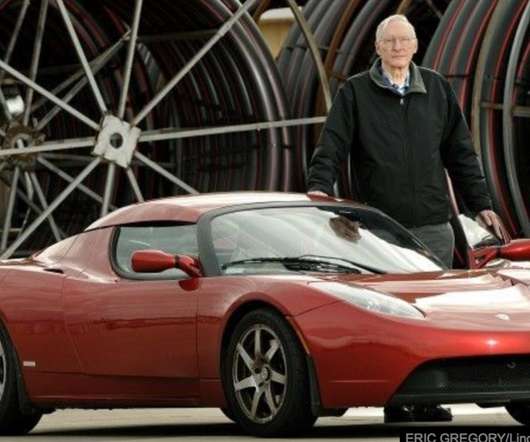U Nebraska study finds no observable negative effects from E30 use in non-flex fuel vehicles
Green Car Congress
MARCH 23, 2021
The University of Nebraska’s Department of Chemical and Biomolecular Engineering recently released results of a study of 50 non-flex fuel vehicles from the State of Nebraska to determine the adaptability, economic feasibility, and environmental impact of using E30 (30% ethanol blend). from vehicles running on each fuel type.















Let's personalize your content